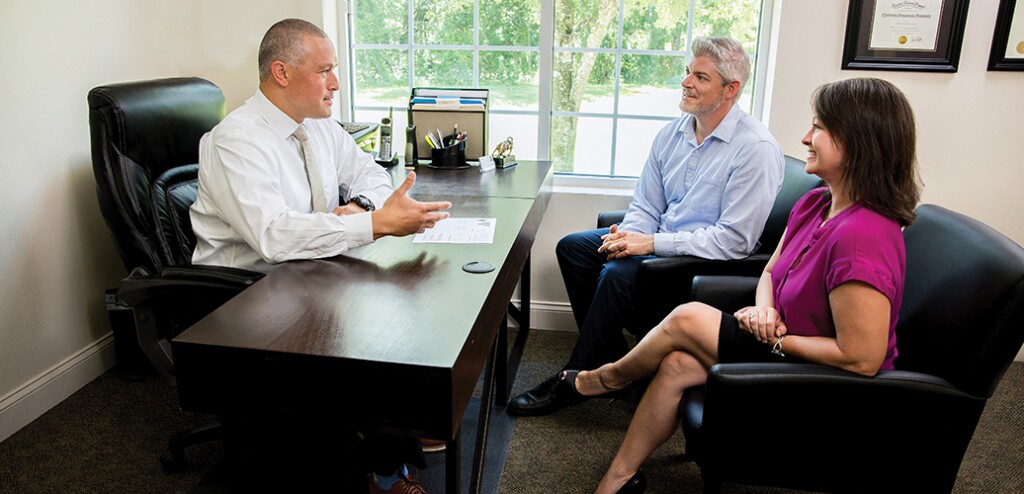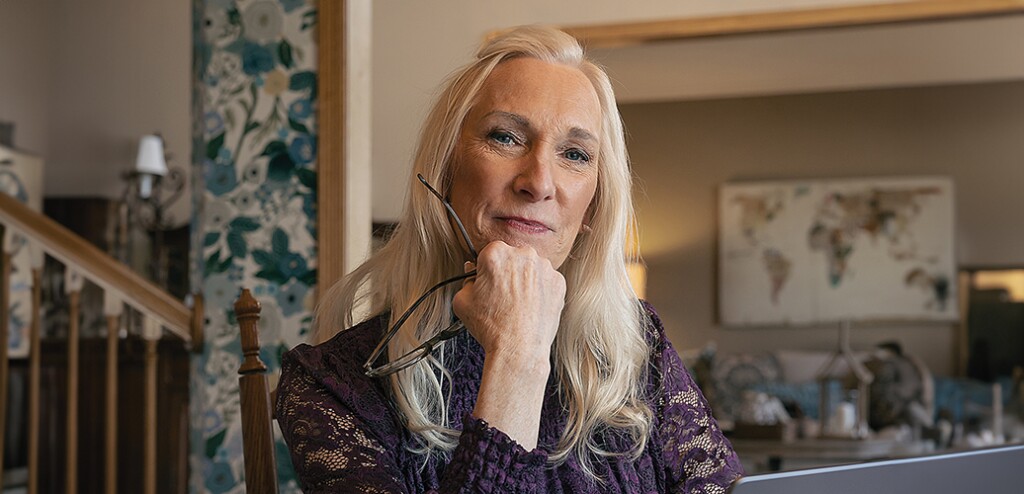When you hear or read the word "estate," perhaps images flash in your mind of diamond jewelry, garden parties and gleaming yachts. So if you don't have any of that, you may wonder, why is estate planning important?
In truth, everyone has an estate. It's made up of the sum of your belongings—no matter how small or large. You may have specific ideas about how you'd like your affairs to be handled after you're gone or in the event you become incapacitated, but just saying so won't make it happen. Estate planning formalizes your intentions regarding the property you control, the people in your care and any personal health decisions. Ultimately, it enables those charged with carrying out your wishes to do just that.
The benefits of estate planning
The vast majority of Americans
The benefits of
- Potentially avoid probate for your heirs. Most estates must go through state probate court in order for assets to transfer to beneficiaries. The process varies by state, but it's not typically known for its simplicity, especially if there's no valid will. In that case, the court must administer the estate according to state laws regarding the transfer of assets. Those may not fit every family, especially in cases of blended families. It all adds up to the potential for increased fees, delays and stress for family members forced to guess or, worse, resolve differences of opinion. This played out after the death of pop star Prince, who died intestate (without a will). It took six years and untold legal fees to settle his estate, and one heir passed away in the interim.
- Give clear directions on guardianship for dependents. If you are the parent of a young child or have other dependents in your life (including pets), you will want to include your wishes for them.
- Pass on assets to beneficiaries outside the family. Maybe you're a pet owner and want to provide for the care of your animals. Or, perhaps you'd like to leave a gift to a godchild, a neighbor or charity. It's unlikely that state laws dictating asset distribution will match your wishes.
- Preserve generational wealth. Regardless of your net worth, dying without a will probably means a greater portion will go to probate costs and taxes instead of passing
generational wealth to beneficiaries.
That's just the tip of the iceberg. Final wishes are as unique as families themselves, as are end-of-life preferences. That's why it's important to work with a financial advisor in partnership with an estate planning attorney and create an estate plan. Thrivent does not provide specific legal or tax advice, but we can partner with you and your tax professional or attorney to provide guidance on your overall financial strategy at Thrivent.

Tips for passing on your wealth
Estate planning tools & strategies
Estate planning takes your wishes and manages the logistics of making them happen. To do that, this planning relies on a trusted toolbox of essential documents and strategies.
Wills
Transfer-on-death accounts
These accounts pass to the designated beneficiary registered by the account's custodian. This supersedes what's in your will. It is key to regularly review beneficiaries on investment, retirement and other accounts to ensure the proceeds are paid to the person/people you intend.
Revocable living trusts
Other tools
Additional tools may come in handy for more complex situations and asset types. However, suppose your estate includes other complexities—for example, a business, highly appreciated investments or real estate. In order to pass on its maximum after-tax value to your family or favorite charity, you might lean on more sophisticated estate planning strategies.
Why estate plans need incapacity & end-of-life care
Beyond providing direction on asset distribution, a complete estate plan also should address incapacity and end-of-life care.
- A durable power of attorney is the means by which you name someone called an agent or attorney-in-fact (“Agent”) to make financial and legal decisions on your behalf if you are unable to do so. This document permits you to specify what the Agent can and can't do. Without it, a court order may be required to appoint someone to manage your affairs.
- A health care directive is the tool used to document your preferences for medical care in the event you can't communicate them on your own. That includes difficult decisions regarding the use of CPR, ventilators, feeding tubes, IV fluids and comfort care. The question of how you'd like your passing to be marked is also vital—even individuals who share similar values may have vastly different preferences. If you have strong feelings about matters such as your remains, the memorial service or specific artifacts, share those wishes. Such conversations may be daunting, but you can make it easier for loved ones by having them in advance.
Moving forward with your estate plan
To start the estate planning process, seek guidance from someone who has experience or expertise —for example, an attorney who specializes in estate planning. It also may make sense to consult with additional experts, such as a tax advisor.
You can get started on your own with this
If it's important to you to share the gifts you've been given, estate planning offers a way to continue practicing generosity in very intentional ways. Completing your estate plan helps ensure that your legacy continues through life's remaining chapters and beyond.







